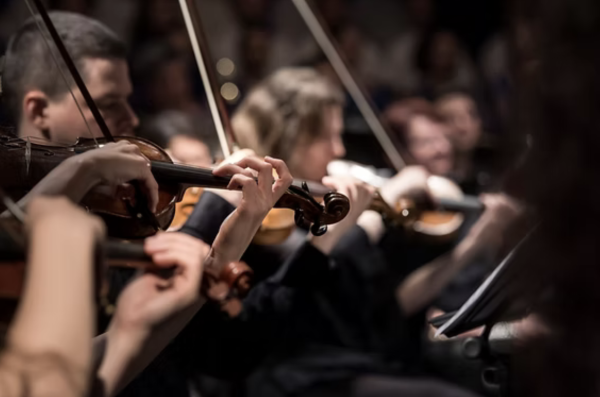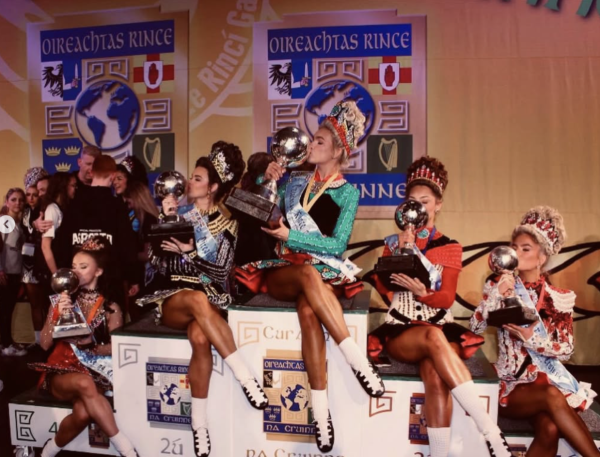The Hidden Olympic Legacy
The glistening medals, self-proclaimed family household sport experts and the jubilation of cheering your country on to victory. If you are anything like me or the 3.2 billion people who loved to watch the Olympics inspire athletes alike to reach “swifter, higher and stronger” levels than ever before, then it comes to no surprise that the Olympics are one of the ultimate sources of national pride. Something to look forward to, edging your country to Olympic gold – the social and cultural fascination with the Games is unparalleled.
However, behind the façade of shimmering medals and the international prestige lurks the hidden costs of the Olympics. It goes beyond the $15.86 billion dollar Tokyo 2020 expenses, or the fact that “every Olympics since 1960 has run over budget”. In fact, those very facilities on which billions of dollars were spent on for the Rio 2016 Olympics have fallen into disarray, disuse and disrepair.
Those very facilities were only built 5 years ago.
A Forbes article summarises it well: “in many cases, the enduring legacy of hosting the Olympics has been nothing more than a slew of abandoned and overgrown venues”.
However, the real question to pose is not whether these costs – a $15.86 billion dollar price tag- much of which does not see its return on investment back after the games, is justified. The real hidden cost are the social costs of hosting the Olympics. The impact upon those that live in the country.
In preparation for the 2016 Rio Olympic Games, there were over 6,600 familieswhich were evicted or under threat of eviction to make way for these elaborate, now disused facilities. These families are low-income and largely belong to marginalised communities. Those families were a snapshot of the direct impacts of the Olympics. However, really the question we should be asking is where is the $15.86 million dollar budget to support those who are really in need? Essentially, which will provide gain to those who we really, as a nation, should be thinking about National pride shouldn’t be derived based of the Olympic Games – of course, the Olympic Games and Olympic Movement is not to blame. However, in trying to ‘leave a legacy’ for those who come after us, we are pushing those aside who can truly leave a mark in our society. Would it leave a much bigger legacy if, with this budget, we invested and supported those in need? Isn’t national pride much more so evoked by having a prosperous and developing country?
Certainly, generations preceding us will strive for the shimmering gold around their necks as we push to greater and higher levels than ever before. However, as a society, putting into perspective the budget and benefits derived from the Olympic Games should makes us wonder. What defines the essence of our national pride? Is it truly our own civic satisfaction, or is it rather driven by trying to outperform other each other in creating the best legacy.








